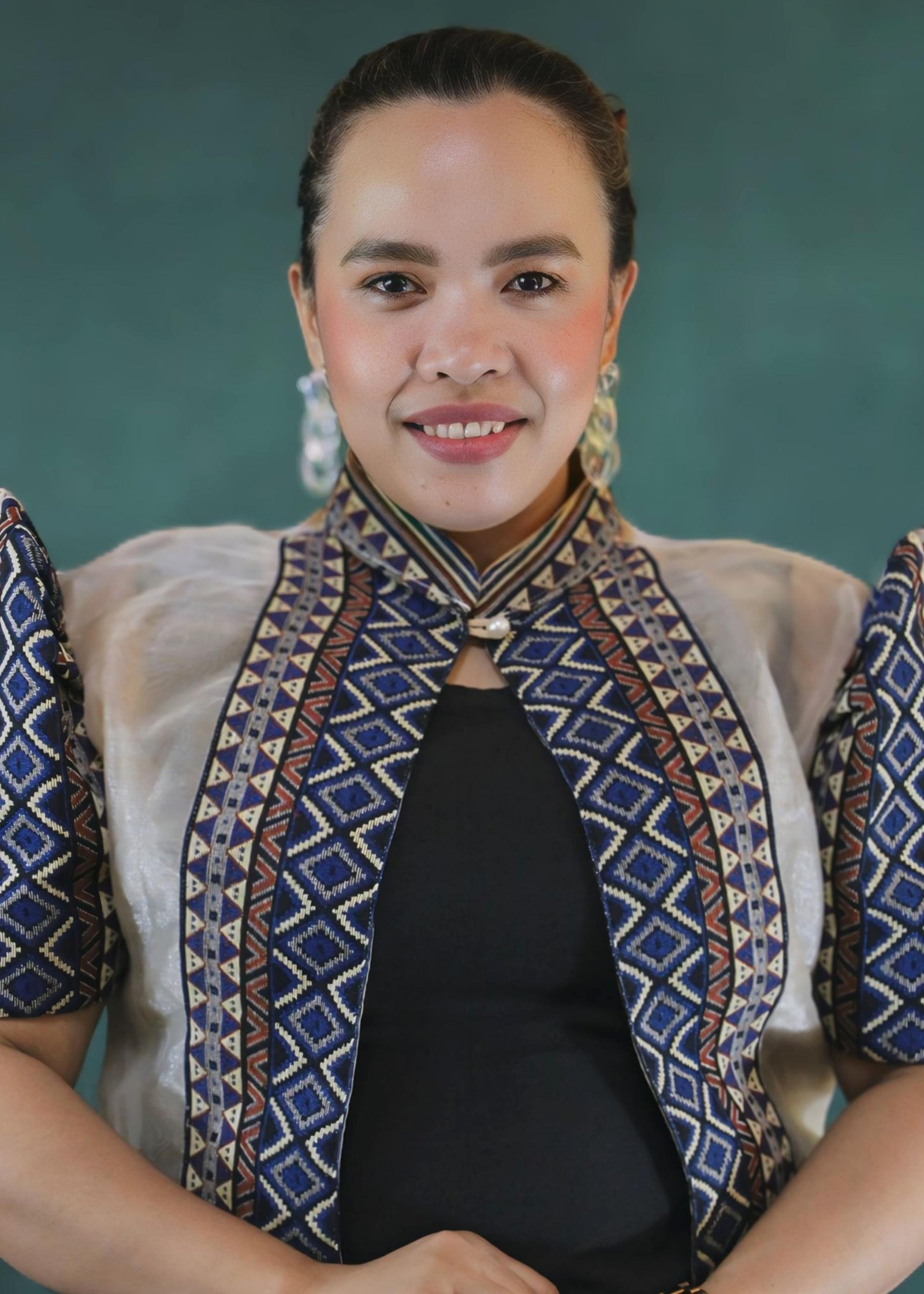Abstract
In many rural schools across the Philippines, especially in Bukidnon, students often see Araling Panlipunan as just another subject to memorize—dates, names, and terms—rather than something meaningful to their lives. This study set out to change that perspective by exploring how Araling Panlipunan 7, under the Matatag curriculum, can help turn passive learners into active, socially aware citizens. By using contextualized and participatory teaching strategies, the study aimed to spark student interest and encourage real civic engagement. Through classroom observations, reflection journals, focus group discussions, and performance tasks, the research captured both stories and statistics about how students understood and responded to civic topics. When lessons were connected to real issues in their communities and taught through interactive methods like role-playing, community mapping, and service learning, students showed more curiosity, critical thinking, and a desire to get involved. The findings show that when teaching feels relevant and empowering, students do not just learn about society—they want to help improve it. The study recommends integrating more community-based learning and providing ongoing training for teachers so that Araling Panlipunan can truly prepare the youth to become active and responsible members of their communities.












